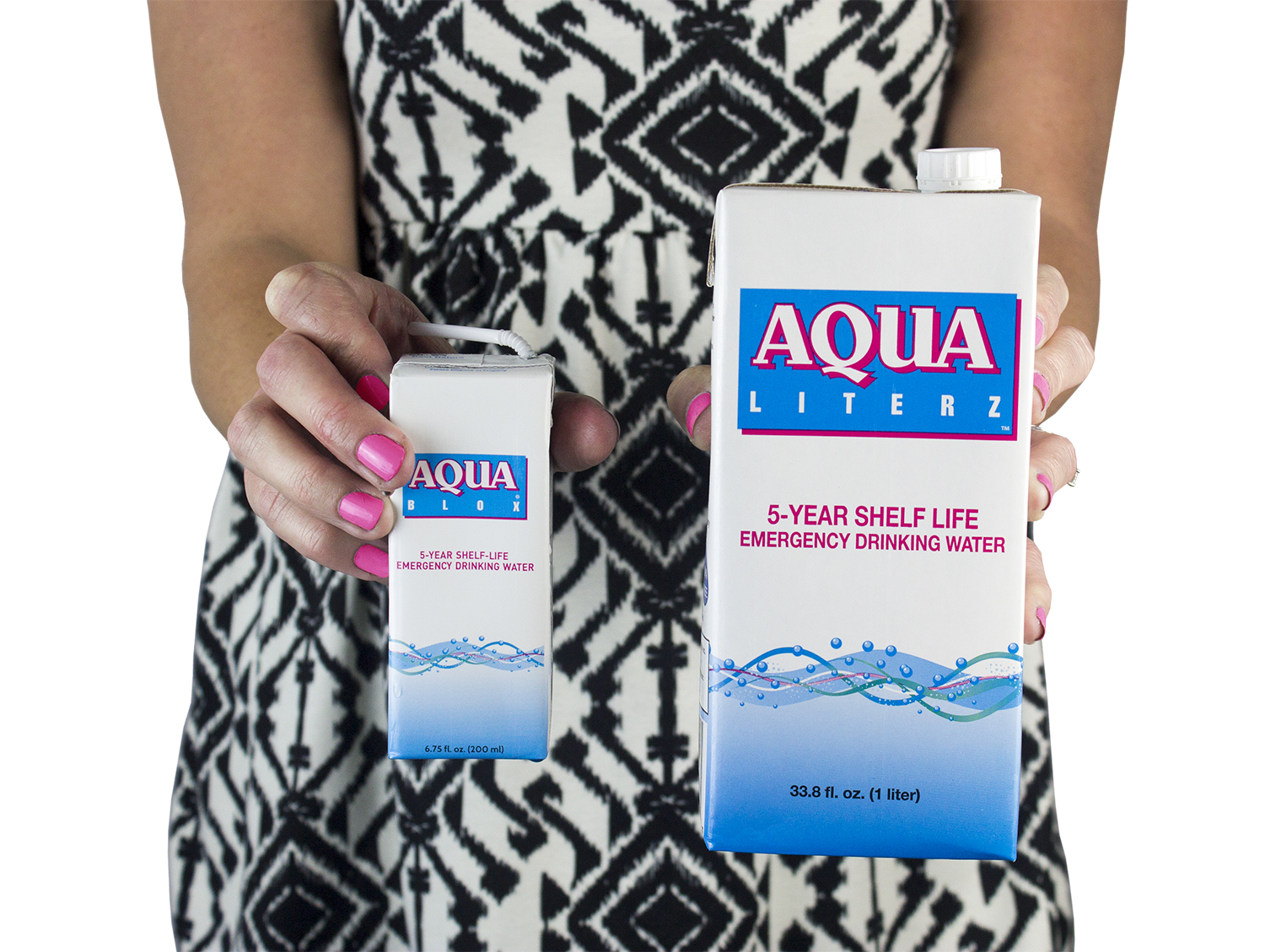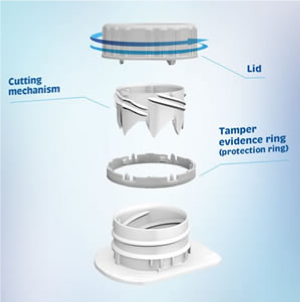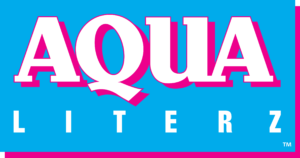Considering the broad nature, scope, and length of emergencies that could contaminate public drinking water supplies, a “pro-active” emergency water response plan is essential because the availability of potable drinking water is vital for the survival, safety, and welfare of first respondents and victims of an emergency event.
- Severe weather…hurricanes, floods, tornadoes, winter storms
- Natural disasters…earthquakes, tsunamis, volcanic eruptions
- Pandemics…influenza, avian bird flu
- Terrorism…homeland security
- Bio terrorism…anthrax, plaque, Q fever, ricin, tularemia
- Radiation emergencies…dirty bombs, nuclear blasts
- Chemical emergencies…nerve agents, chlorine, toxic alcohols
- Hazardous material transfers





